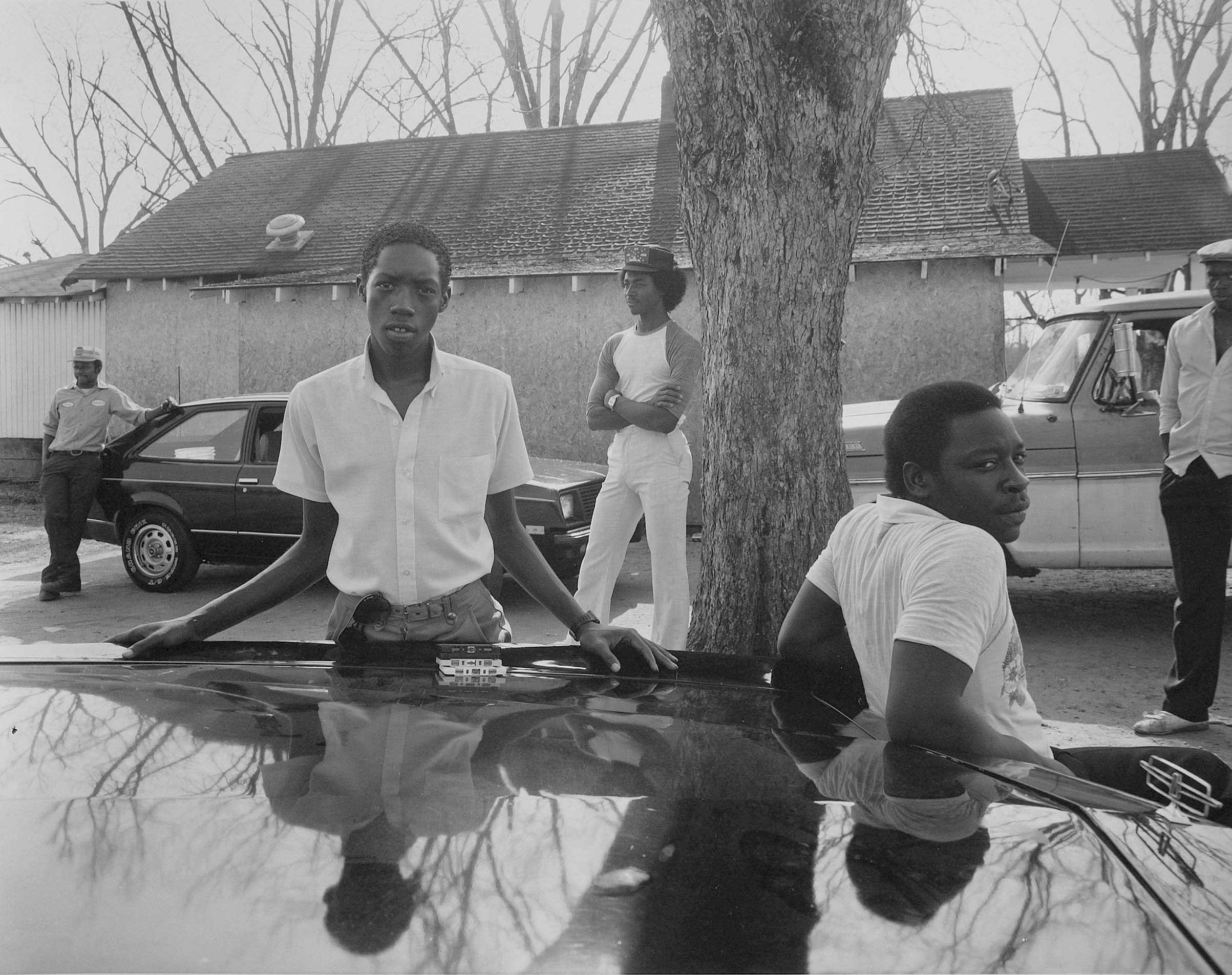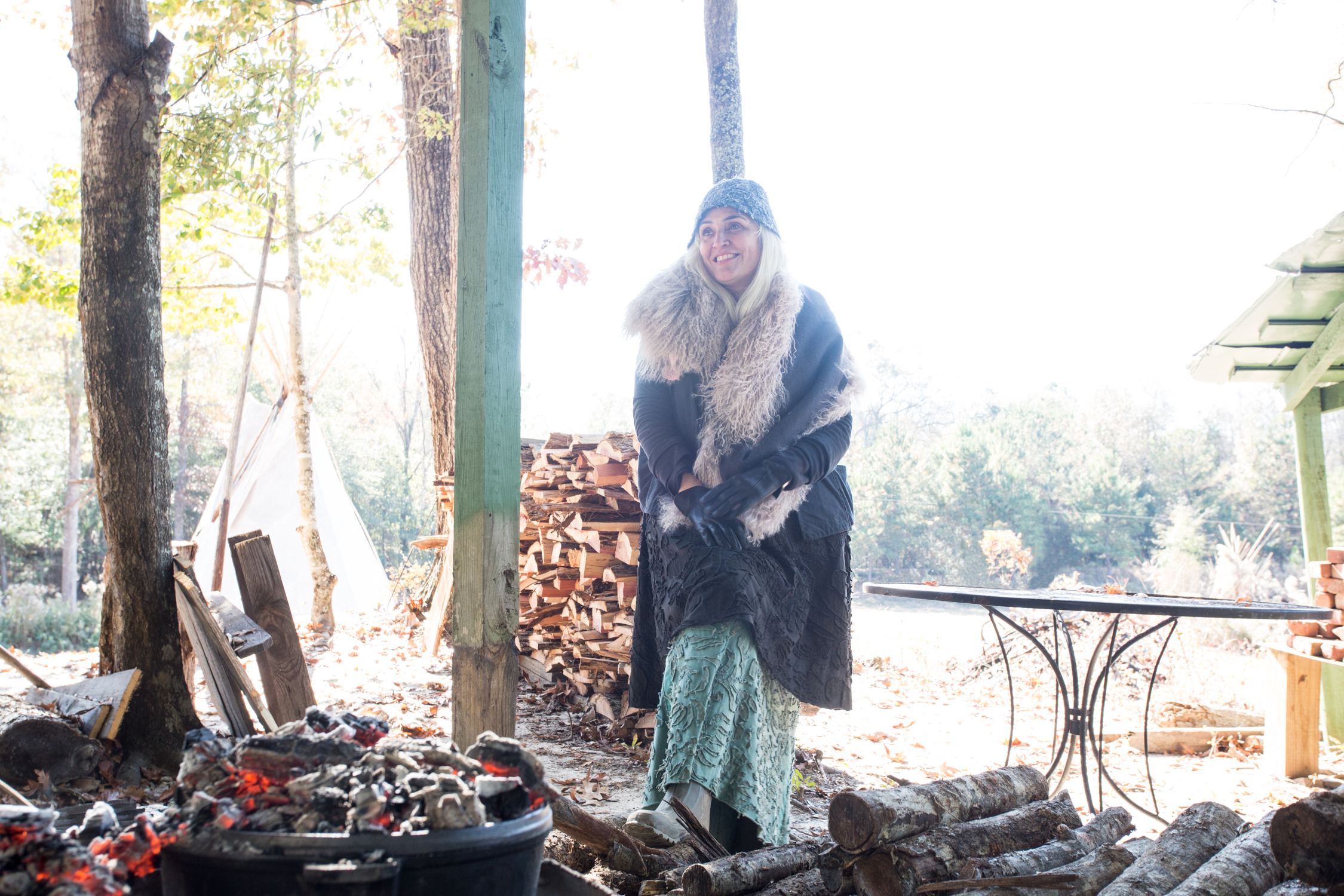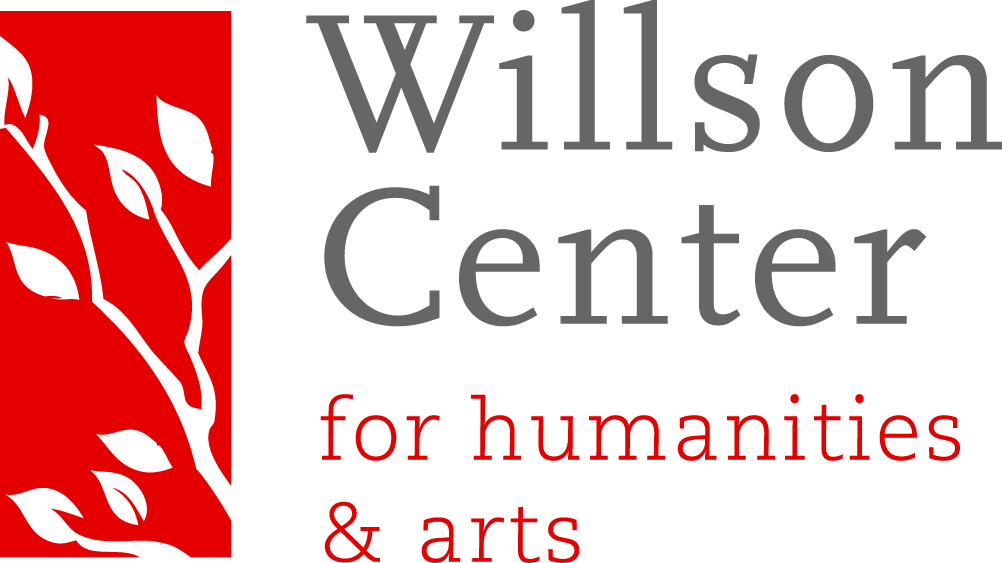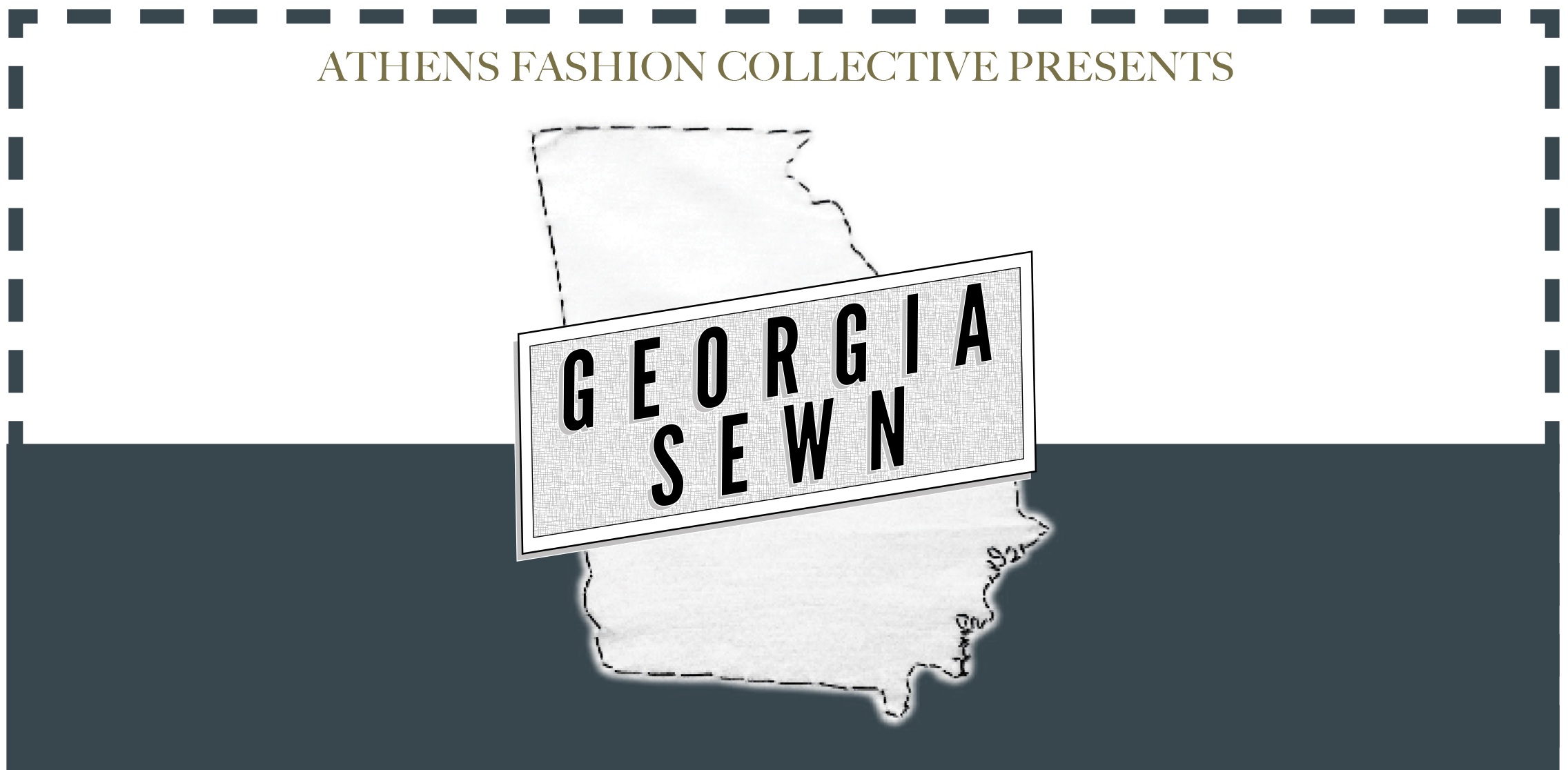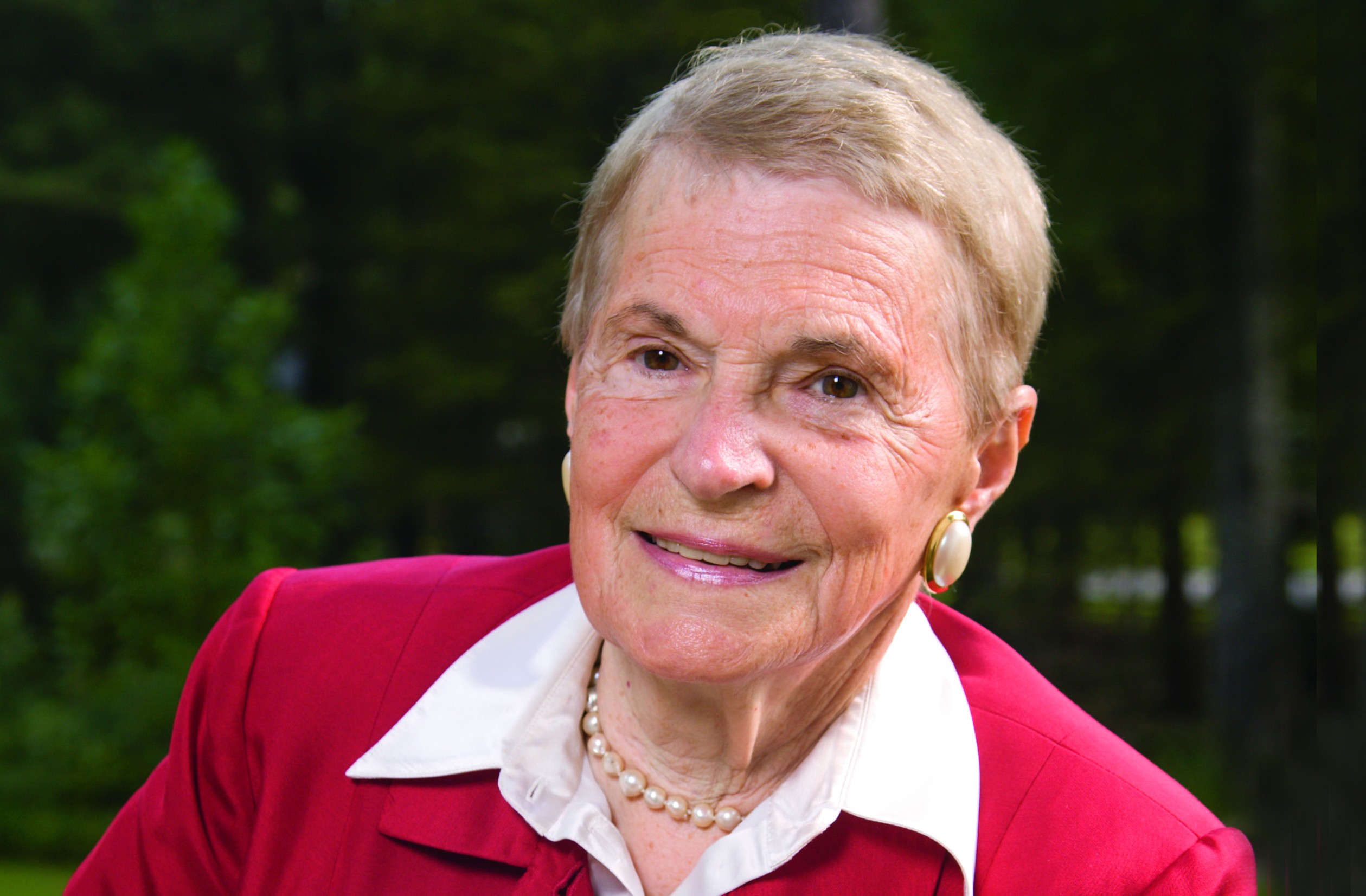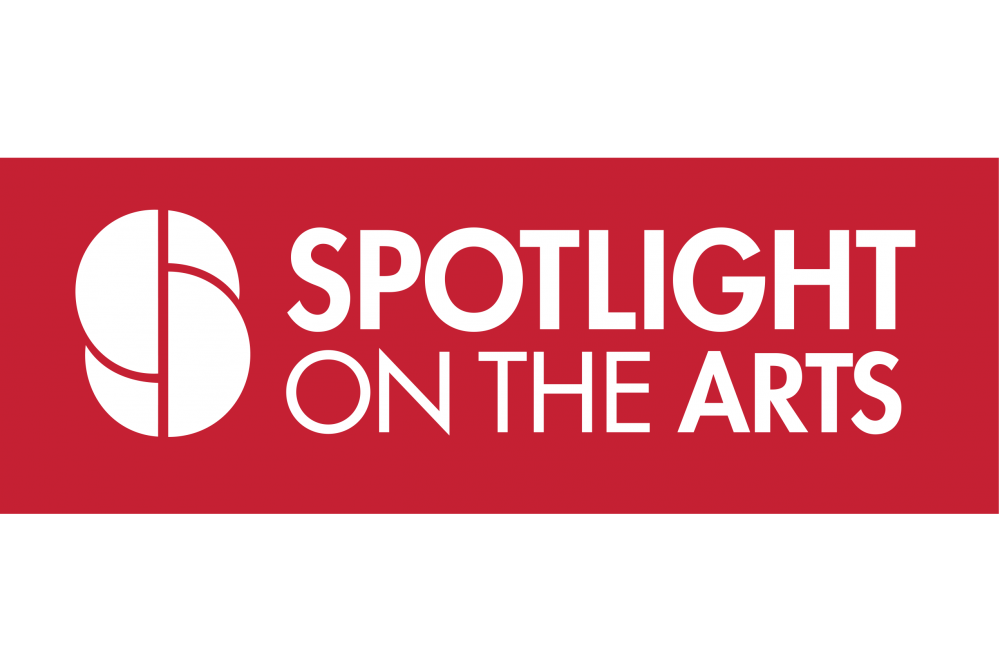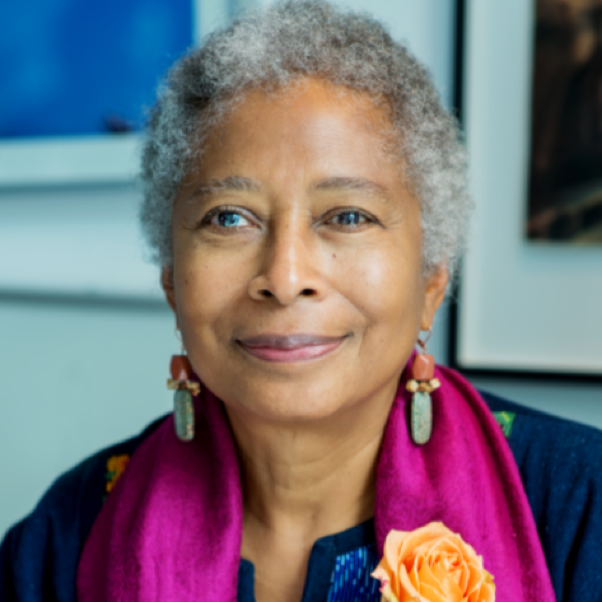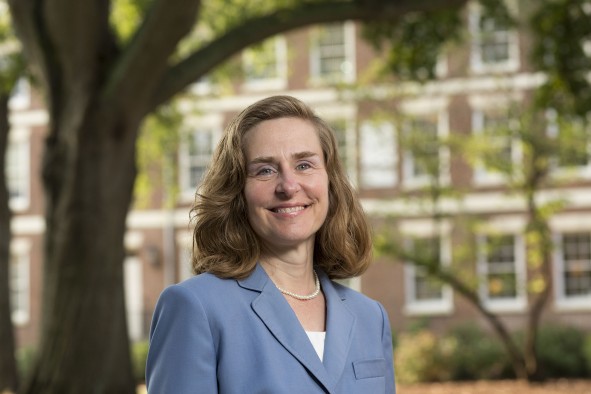AARC holds international conference on archipelago June 28 at Pendennis Castle, Falmouth, England
The Atlantic Archipelagos Research Consortium,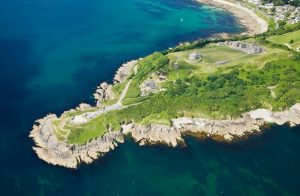 which engages international colleagues in the study and research of archipelago as a creative, intellectual, and political concept, held its 2016 annual conference on June 28 at Pendennis Castle, Falmouth, England. Willson Center Director Nicholas Allen, Franklin Professor of English at UGA and a founding member of AARC, gave the conference keynote address.
which engages international colleagues in the study and research of archipelago as a creative, intellectual, and political concept, held its 2016 annual conference on June 28 at Pendennis Castle, Falmouth, England. Willson Center Director Nicholas Allen, Franklin Professor of English at UGA and a founding member of AARC, gave the conference keynote address.
“Land’s End: Imagination, Culture, and Society at Coastal Edges” examined the interactions between culture, heritage, oceans, and wellbeing in liminal places where land meets sea, developing the themes of the inaugural AARC collection of essays Coastal Works, ed. Allen, Groom, and Smith (OUP, 2016). The aim was to consolidate current research and extend the AARC team into Europe in order to facilitate a collaborative ERC bid. It considered various distinctive forms of coastal heritage and how a dialogue might be fruitfully begun between them. “Land’s End” mixed short conference papers, roundtable discussion and an evening event of public talks, poetry readings and artwork.
A preliminary conference schedule is below. For more information, please visit the conference website.
Tuesday, June 28, Pendennis Castle, the Arundel Room:
9:30 a.m. – Introduction. Prof. Nick Groom
9:45 a.m. – Keynote: Prof. Nicholas Allen
10:45 a.m. – Round Table 1
11:45 a.m. – break
12:15 p.m. – Round table 2
1:15 p.m. – lunch
2:30 p.m. – Round table 3
3:30 p.m. – break
4:00 p.m. – Round table 4
5:00 p.m. – finish
Evening:
7:00 p.m – Conference dinner, Falmouth
8:30 p.m. – The Poly, Falmouth: Public talk, Prof. Nicholas Allen; readings by Alan Riach, Isabel Galleymore, Ben Smith and Jos Smith, plus short artist’s talk.
Wednesday, June 29, Falmouth University (Wood Lane Campus) Rosehill Boardroom:
ESRC MEETING
9:30-10:00 a.m. – Nick Groom & Jos Smith to introduce funding call‘Cultural Heritage of European Coastal and Maritime Regions’ (CULT-COOP-07-2017: expected deadline February 2017).
10:00-11:30 a.m. – Discussion consolidating Tuesday, establishing strengths/weaknesses of group, identifying new partners, establishing agenda
11:45 a.m.-1:00 p.m. – Plan a way forward looking ahead to the deadline.

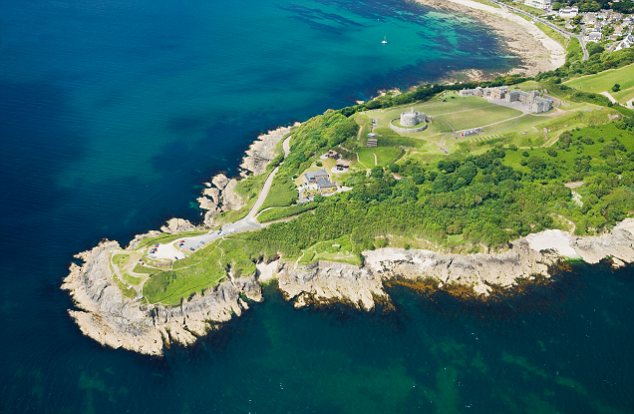
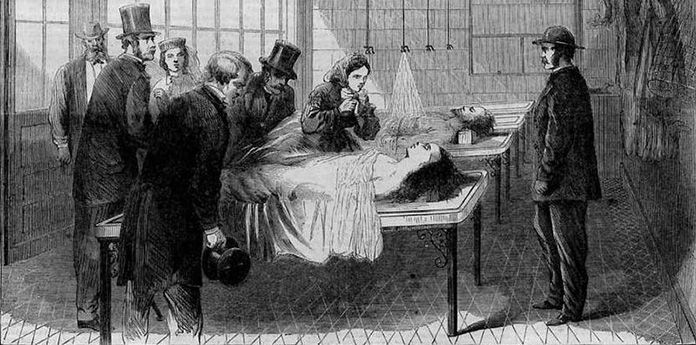
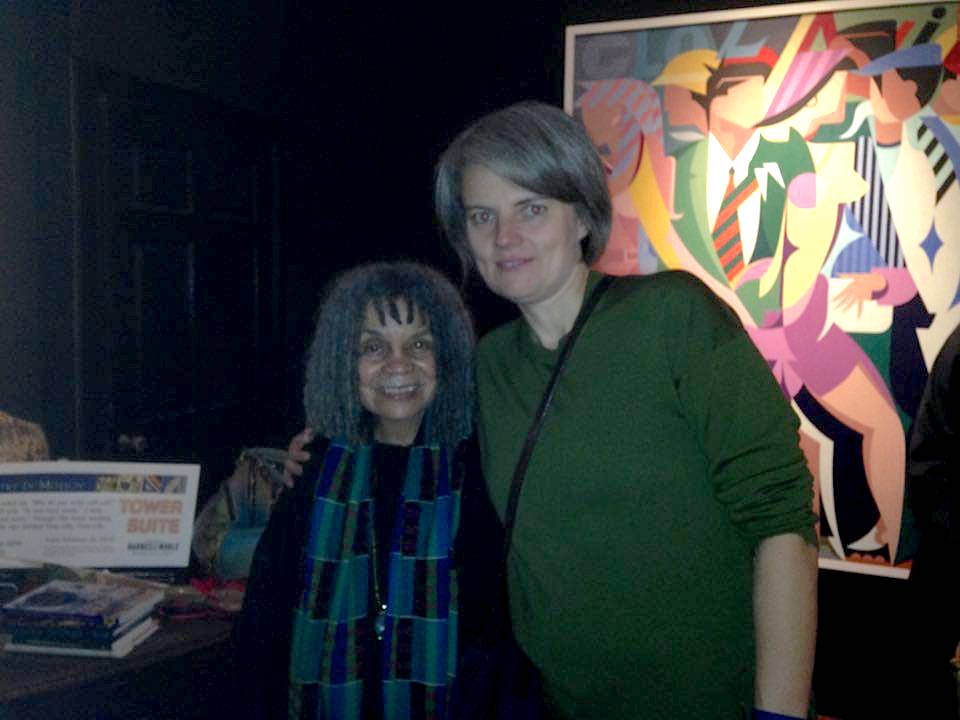
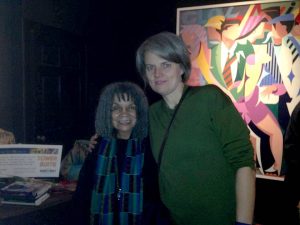
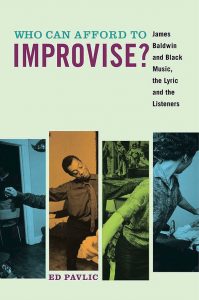 a blend of poetry, lyrical prose, and memoir, and
a blend of poetry, lyrical prose, and memoir, and 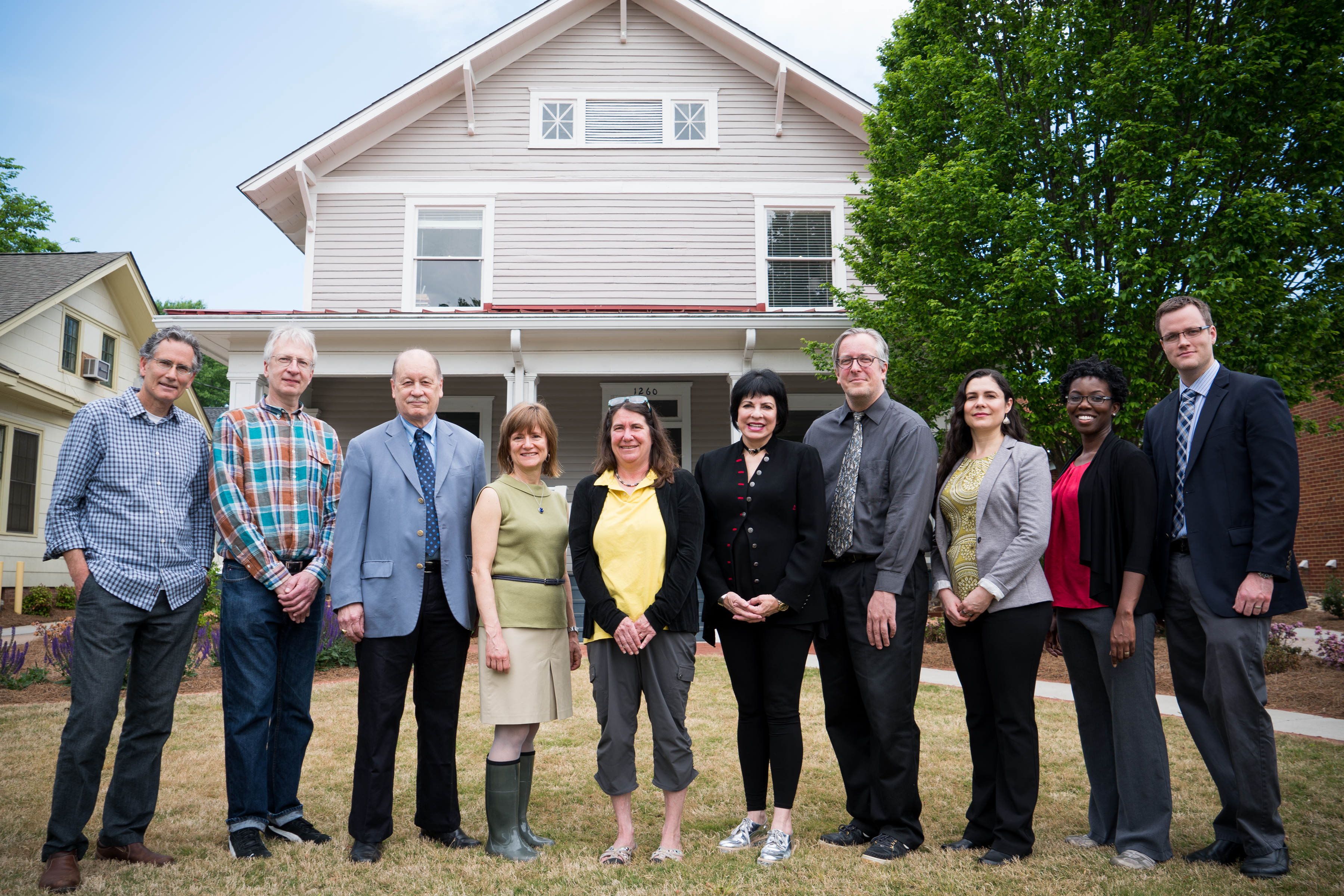
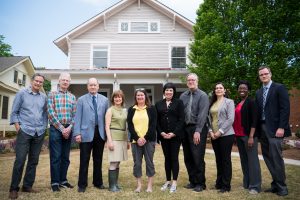 has awarded its 2016-2017 Research Fellowships to twelve members of the UGA faculty in the humanities and arts. These fellowships are awarded in partnership with the Franklin College of Arts and Sciences.
has awarded its 2016-2017 Research Fellowships to twelve members of the UGA faculty in the humanities and arts. These fellowships are awarded in partnership with the Franklin College of Arts and Sciences. 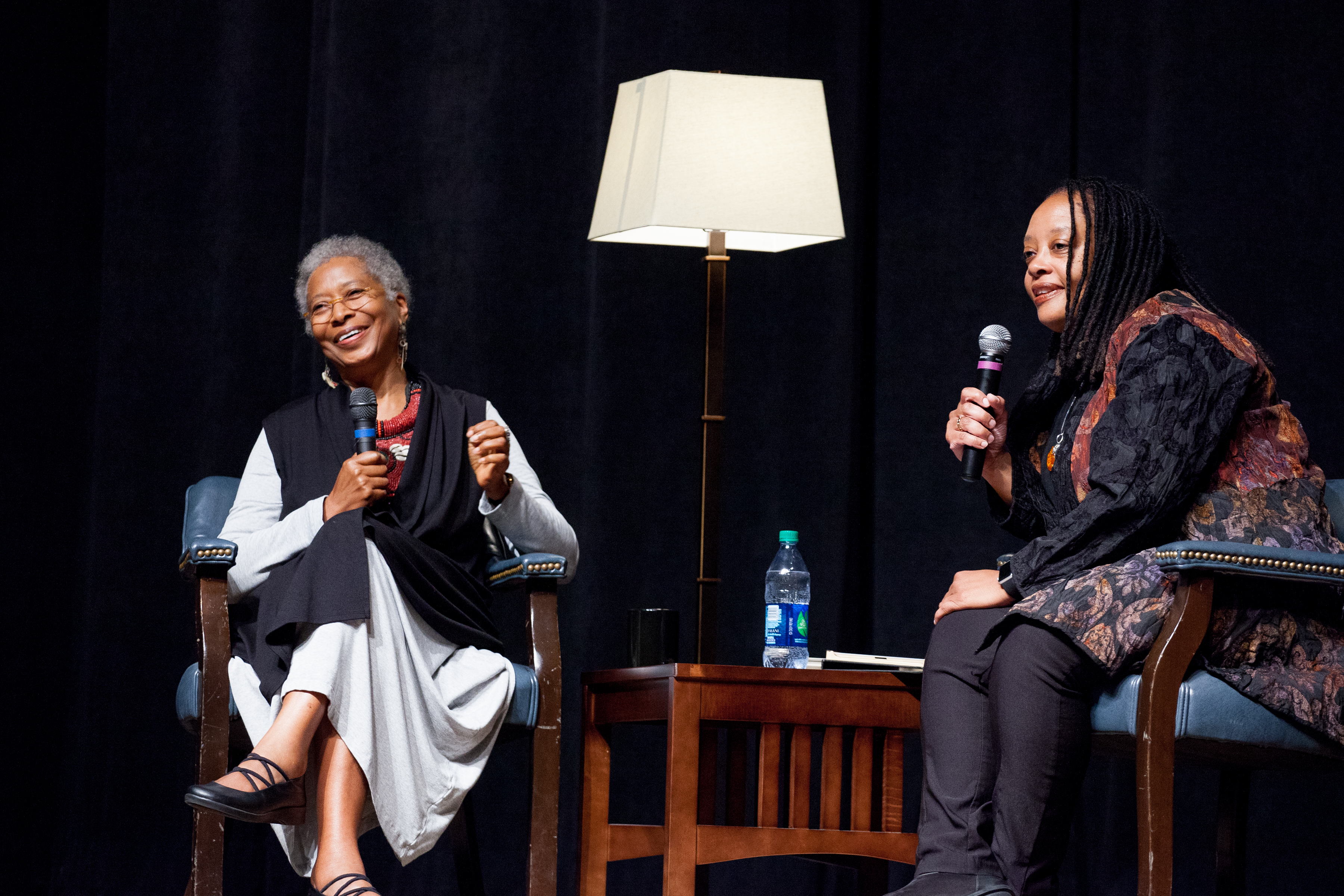
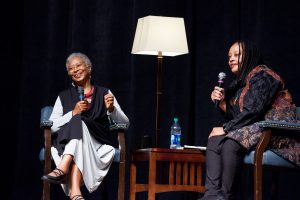 most prominent events of the 2015-2016 academic year have recently been added to
most prominent events of the 2015-2016 academic year have recently been added to 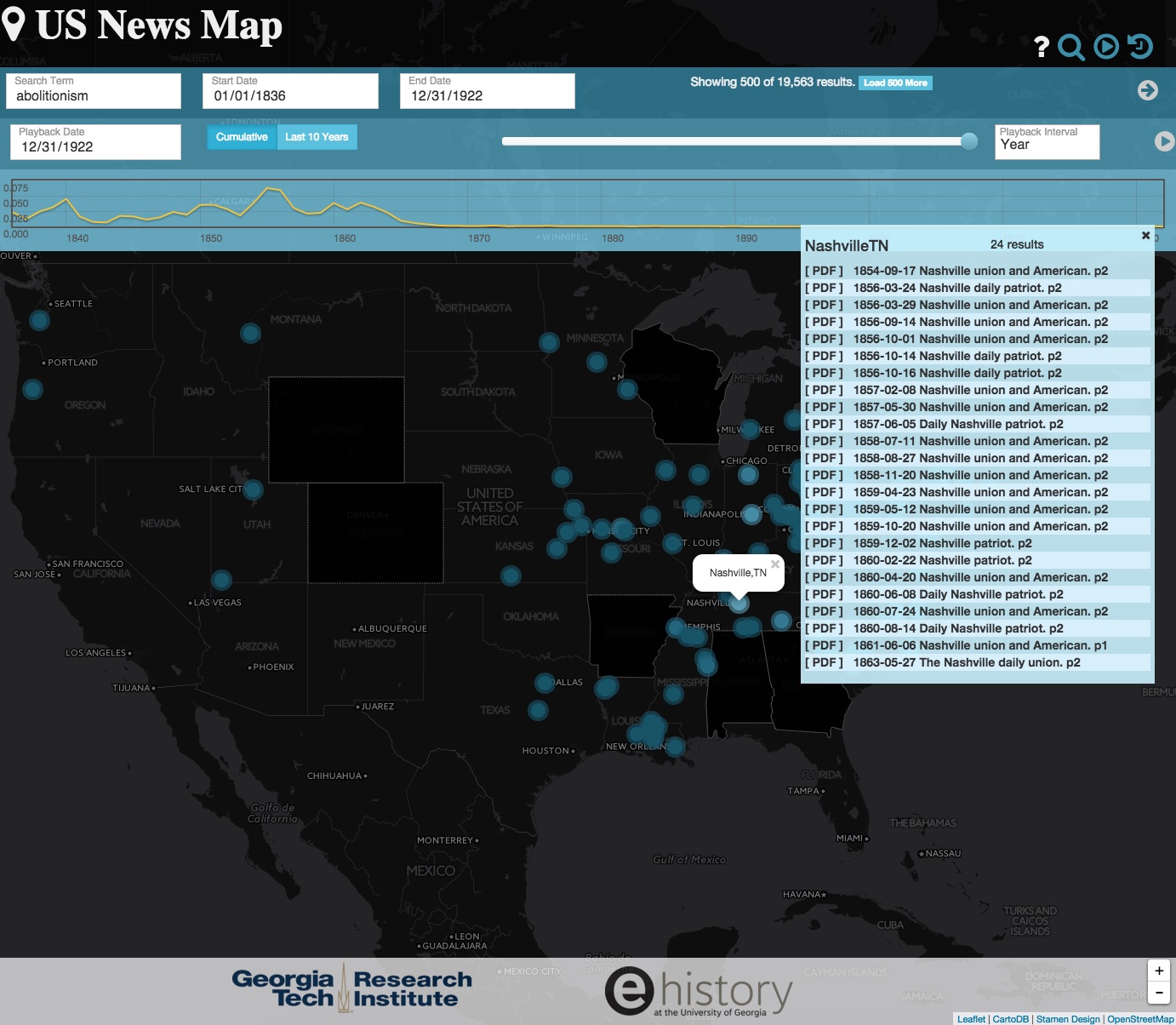
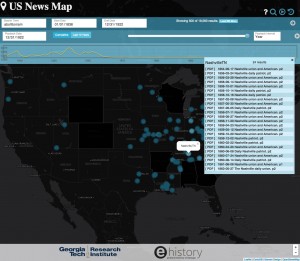 Two projects of
Two projects of 